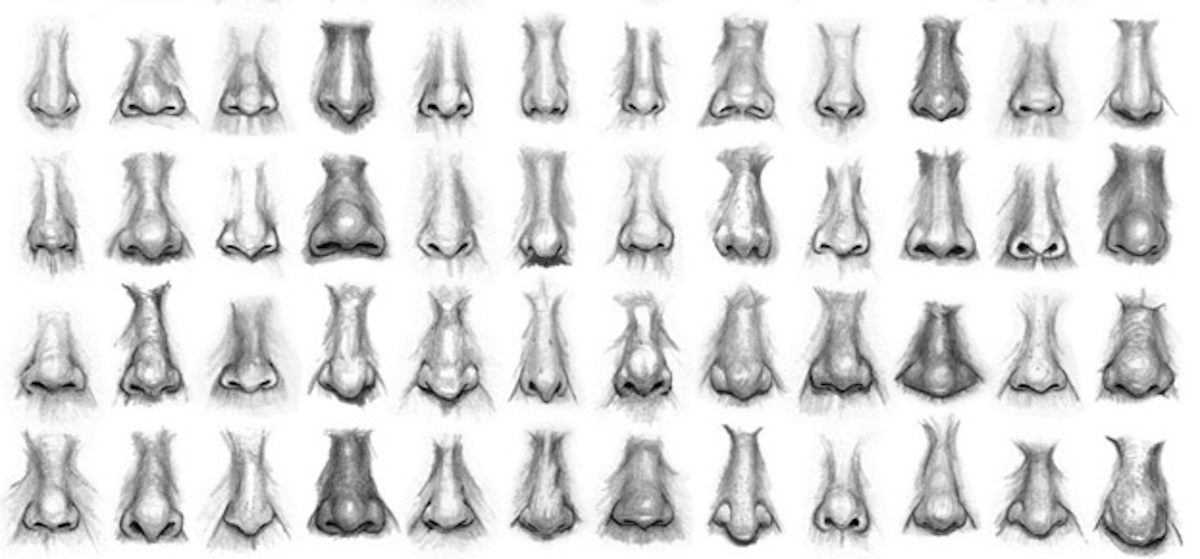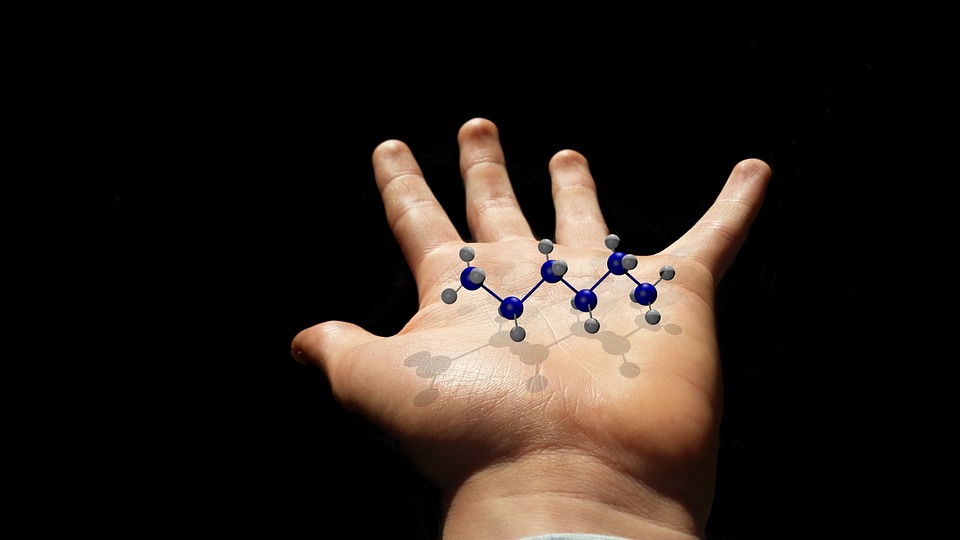GEORGEPETERS VIA GETTY IMAGES
“I would love to be able to smell my mum’s perfume or my partner’s cooking,” says Jesselyn Verity. She’d also dearly like to know “what all the fuss is about” when it comes to walking past a branch of Lush.
The 27-year-old, who works at West End theatre in London, doesn’t have a sense of smell, also known as anosmia – and it has huge repercussions across her life. “I find it so baffling that other people can just smell things in the air without having to make a conscious effort to sniff something,” she says.
Verity isn’t alone in her struggles – a new qualitative study saw researchers from the University of East Anglia speak to more than 70 people aged 31-80 about living without smell and discovered just how many aspects of life it can disrupt.
Common themes that arose included everyday concerns about personal hygiene, a loss of sexual intimacy and the break-down of personal relationships.
It can also be dangerous, as Professor Carl Philpott, from UEA’s Norwich Medical School, explains: “One really big problem was around hazard perception – not being able to smell food that had gone off, or not being able to smell gas or smoke. This had resulted in serious near misses for some.”
Verity knows this first hand. “I can’t smell smoke, burning or gas,” she says. “At uni, one of my housemates left the gas on and I had no idea.” Nowadays, she cooks on an electric stove.

Anosmia can be caused by many things, from infections and injury to neurological diseases such as Alzheimer’s. It can even be a side effect of certain types of medication.
How does it affect people’s lives?
Imagine not being able to properly taste the food you eat. This was a major issue flagged by the new study, which was published in the journal Clinical Otolaryngology.
Some participants no longer enjoyed eating, and lost appetite and weight as a result. Others ate more food with low nutritional value that was high in fat, salt and sugar – and gained weight. Some lost interest in preparing food altogether or were too embarrassed to serve dishes to family and friends, which had a knock-on impact on their social lives.
“Smells link us to people, places and emotional experiences… people who have lost their sense of smell miss out on all those memories.”
Inability to link smells to happy memories was also a problem. Prof Philpott paints a picture of what that actually means: “Bonfire night, Christmas smells, perfumes and people – all gone. Smells link us to people, places and emotional experiences. And people who have lost their sense of smell miss out on all those memories that smell can evoke.”
Another source of anxiety among those interviewed was personal hygiene for participants who couldn’t smell themselves, something Verity worries about.
Researchers also spoke to parents of young children, who couldn’t tell when their child’s nappy needed changing, and experienced feelings of failure as a result. “One mother found it difficult bonding with her new baby because she couldn’t smell him,” says Prof Philpott.
Many participants described a negative impact on relationships, too – ranging from not enjoying eating together to an impact on sexual relationships. All of these problems led to a range of negative emotions including anger, anxiety, frustration, depression, isolation, loss of confidence, regret and sadness.
The problems are compounded by a lack of understanding about the disorder among clinicians, the study suggested. “I have depression and BPD [borderline personality disorder] but I have no idea how strongly that’s tied to the anosmia,” says Verity, who studied at UEA. “It’s hard to say how much I miss out on as I have no idea what it’s like to be normal.
“I try not to think about it too much otherwise I just get angry and sad.”
Prof Philpott and his fellow researchers hope their study’s findings will motivate clinicians to take smell problems more seriously, with better help and support offered to patients. Verity is pleased to hear about this focus, especially as she finds a lot of people don’t take her condition seriously or fully understand the impact. “The most common question I get asked is, ‘so does that mean I can fart in front of you?’,” she says.
The 27-year-old has undergone blind smell tests, a CT scan and surgery to have part of her septum removed. She’s tried experimental steroid sprays, acupuncture and craniosacral therapy (light manipulations of the skull and sacrum) – it hasn’t been cheap, or easy.
“My response from hospitals has just been: ‘Oh you’re anosmic, and that’s now your life.’ Although actually, most haven’t even heard of anosmia and it’s usually easier to just say I don’t have a sense of smell,” she says, an experience which can be “quite demoralising” if she has to explain or justify the impact.
“It’s been an absolute nightmare my entire life to try and get other doctors to take it seriously,” she adds. “I don’t think enough is being done about it.
“I am worried about the future. If I ever have kids how am I going to know if they need changing? Will I miss being able to smell them? When my parents pass on, am I going to forget them quicker if I can’t remember their smell?”
Prof Philpott said many of the study’s participants described a lot of “negative and unhelpful interactions” with healthcare professionals. However those that did manage to get help and support, even if nothing could be done about their condition, “were very grateful for advice and understanding”, he said.
Source: ‘I Can’t Smell Smoke Or Perfume’: The Reality Of Life Without Scent | HuffPost UK Life
































